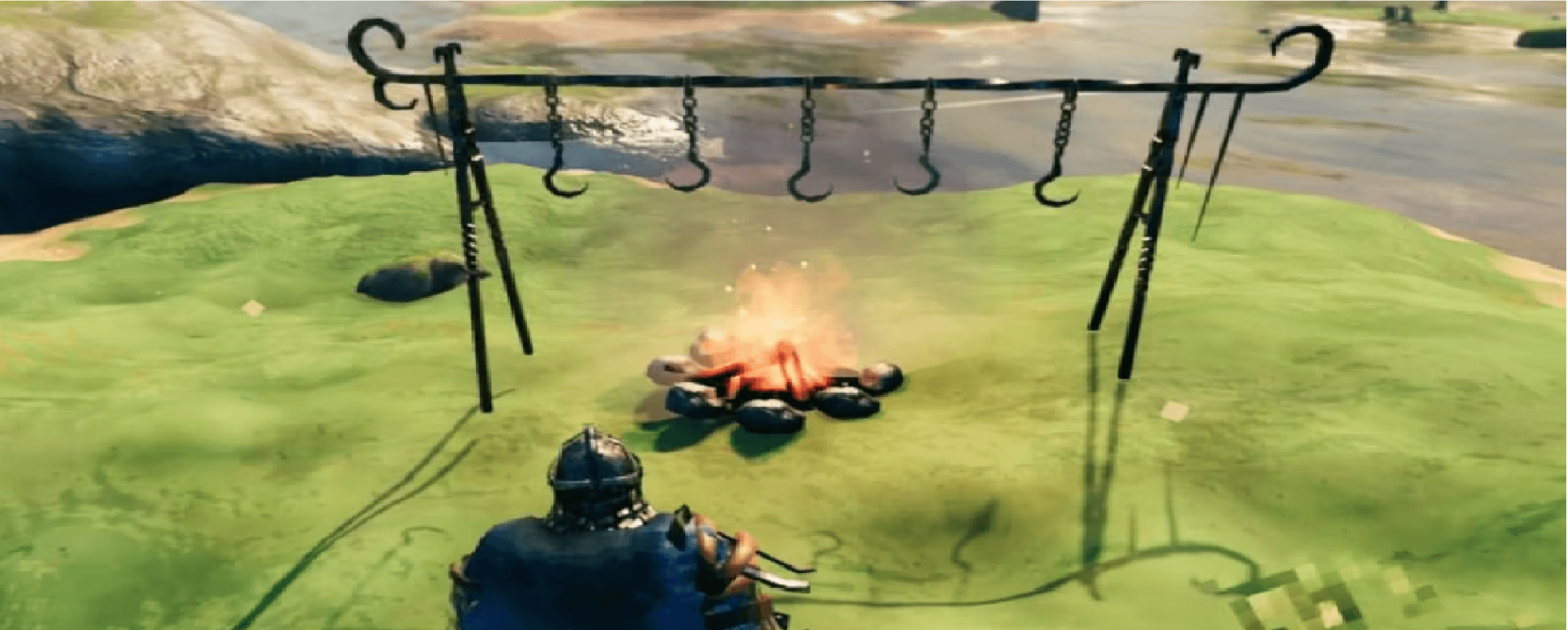
 Christopher R. RiceMar 1, 2024
Christopher R. RiceMar 1, 2024Being a videogame dev, like any other profession, comes with its unique set of rewards and challenges. It is a field driven by passion, creativity, and the constant pursuit of innovation. It offers individuals the opportunity to create immersive experiences that entertain, educate, and inspire. However, it also demands a significant amount of dedication, resilience, and adaptability to navigate its complexities. This post explores the some of the best and worst things about being dev.
Best Things About Being a Game Developer
1. Creative Expression and Innovation: One of the most rewarding aspects of being a video game developer is the opportunity for creative expression. Developers bring worlds to life, crafting stories, characters, and environments that captivate players' imaginations. This creative process is not just about artistry; it involves innovative problem-solving and design thinking to create engaging gameplay mechanics and narratives. The industry's rapid technological advancements also encourage constant learning and adaptation, allowing developers to experiment with new tools and techniques.
2. Passion-Driven Work: Video game development is often driven by a deep passion for games and storytelling. Many developers enter the field out of a love for gaming and a desire to contribute their own creations to the gaming community. This passion fuels their motivation and dedication, making the work deeply fulfilling. When developers see players enjoying the games they've built, it validates their hard work and creativity, offering a sense of accomplishment that is hard to find in many other professions.
3. Collaboration and Community: Developing a video game is rarely a solitary endeavor; it typically involves collaboration among artists, programmers, designers, writers, and other specialists. This collaborative environment fosters a sense of community and teamwork, where diverse talents and perspectives come together to create something greater than the sum of its parts. Additionally, the broader gaming community, including players and fans, often engages with developers, providing feedback and support that can be incredibly rewarding.
4. Career Opportunities and Growth: The video game industry is one of the fastest-growing sectors in the global economy, offering a wide range of career opportunities. From indie developers to major game studios, the demand for talented individuals is high. The industry's growth also means that there are numerous paths for career advancement and specialization, whether in game design, programming, art, sound, or production. Furthermore, the skills gained in game development are transferable to other creative fields like writing, drawing, and so on.
Worst Qualities
1. Crunch Culture and Work-Life Balance: One of the most criticized aspects of the video game industry is its notorious "crunch culture," where developers work excessively long hours to meet tight deadlines, often at the expense of their health and personal lives. This culture can lead to burnout, stress, and a poor work-life balance, challenging developers to find time for themselves and their families. Although awareness and criticism of crunch culture have led to some improvements, it remains a pervasive issue in the industry.
2. Job Instability and Project Cancellations: The video game industry is known for its volatility, with frequent project cancellations and studio closures. Developers may face job insecurity, especially in smaller studios or during economic downturns. The project-based nature of the work means that employment can be contingent on the success of individual games, leading to uncertainty and stress about future prospects. Worse, the titans of the industry tend to a one and done approach where they lay off devs at the game’s completion and release.
3. Pressure to Keep Up with Technology and Trends: The fast-paced evolution of technology and player expectations means developers must continuously learn and adapt. Keeping up with the latest game development tools, programming languages, and industry trends can be overwhelming. This pressure to stay current requires a significant investment of time and energy, making it challenging for developers to maintain a balance between professional growth and personal well-being.
4. Dealing with Criticism and High Expectations: Game developers often face high expectations from both players and publishers. The public nature of their work means that games are subject to widespread scrutiny, and developers must deal with criticism, unrealistic demands, and sometimes even harassment. Managing the stress that comes with public expectations and feedback can be difficult, impacting developers' confidence and mental health.
Final Thoughts
Being a video game developer is a profession of contrasts, characterized by its remarkable capacity for creative expression and innovation, yet also marked by the challenges of crunch culture, job instability, and the relentless pace of technological advancement. Despite these challenges, many developers find the field deeply rewarding, driven by their passion for creating games that entertain and inspire. As the industry continues to evolve, it is crucial for both developers and the companies that employ them to address the worst aspects of the profession, fostering a healthier, more sustainable environment that allows creativity and passion to flourish.

Play on Haptic
Try for free


